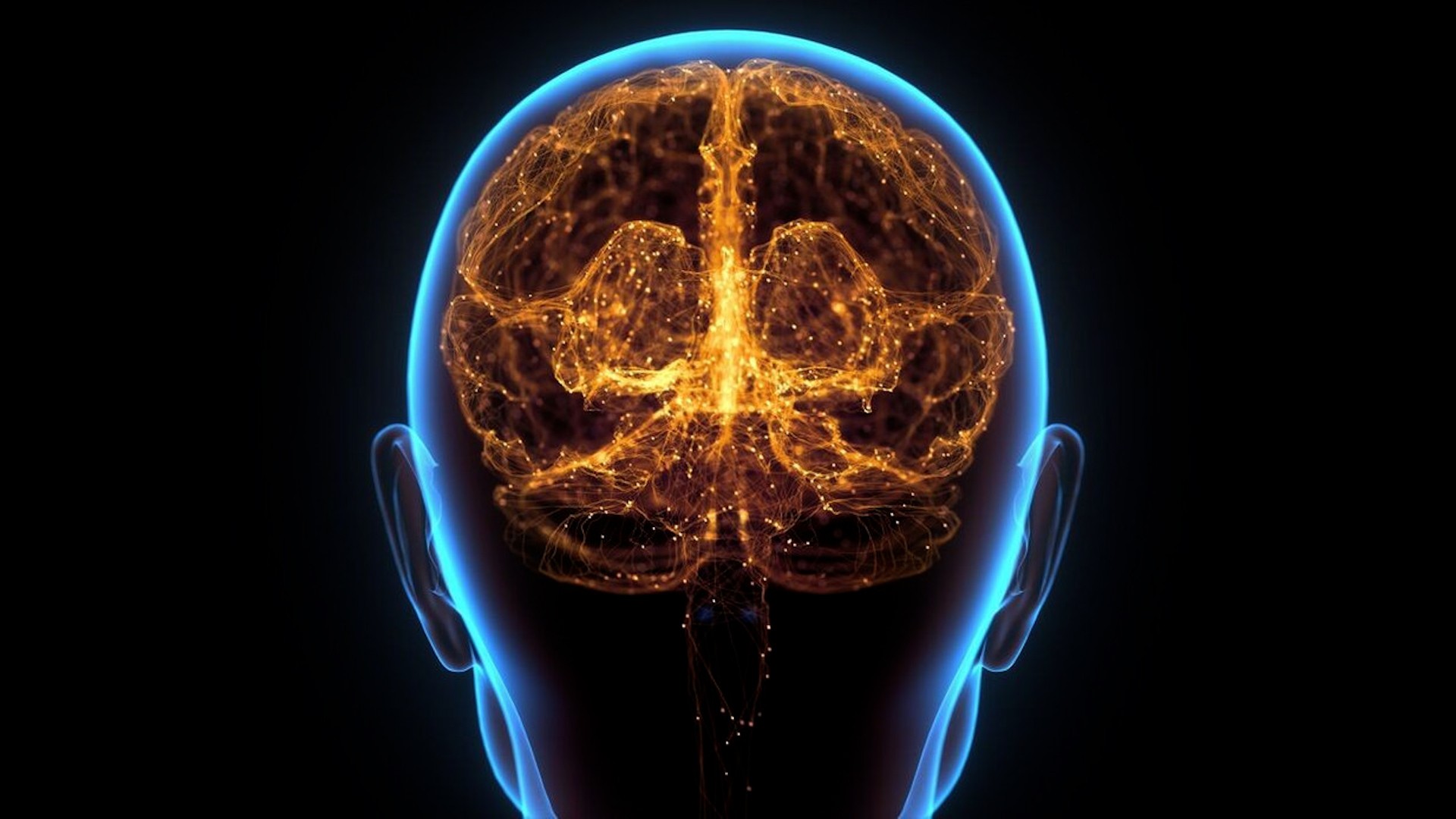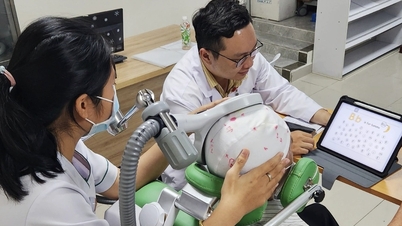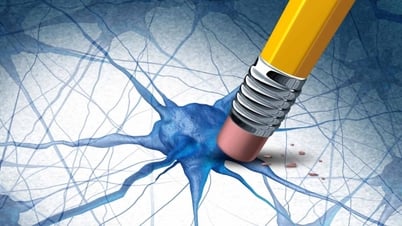
Researchers at the Global Neurodegeneration Proteomics Consortium (GNPC) have examined proteins in the body that could be used to monitor neurological diseases.
Their work, published in the journal Nature Medicine, was funded in part by billionaire philanthropist and Microsoft co-founder Bill Gates.
The discovery could bring people "closer than ever to the day when an Alzheimer's diagnosis is no longer a death sentence," he said.
Scientists have known for decades that having two copies of a certain gene encoding a protein, APOE4, increases the risk of Alzheimer's disease tenfold, but they haven't been sure why.
However, researchers have recently discovered its role in inflammatory and infectious responses, both of which can contribute to disease.
They also identified blood markers that could confirm with 99% confidence whether someone possessed a copy of the high-risk APOE4 gene.
Their work also supports the theory that Alzheimer's disease is linked to the buildup of certain proteins in the brain.
Charles Marshall, professor of clinical neurology at Queen Mary University in London, said: “This paves the way for drug discovery that could lead to new treatments.”
The most exciting part immediately is that the unusual protein patterns predicting neurodegenerative diseases reveal new biological insights into how these conditions develop.”
Simon Lovestone, head of global discovery and transformation research at Johnson & Johnson, said their work will rapidly accelerate research in the field of neurodegeneration.
“The scale and depth of the dataset, combined with clinical data, makes it an exceptional resource with the potential to change how we study, detect, and treat neurodegenerative diseases,” Lovestone said.
This work is part of the Global Proteomics Research League on Neurodegeneration, an initiative established in 2023. The research organizations were brought together with support from Johnson & Johnson and Gates Ventures.
Source: https://baolaocai.vn/dau-hieu-canh-bao-co-the-dang-mac-benh-alzheimer-post649089.html





![[Photo] Closing Ceremony of the 10th Session of the 15th National Assembly](/_next/image?url=https%3A%2F%2Fvphoto.vietnam.vn%2Fthumb%2F1200x675%2Fvietnam%2Fresource%2FIMAGE%2F2025%2F12%2F11%2F1765448959967_image-1437-jpg.webp&w=3840&q=75)
![[Photo] Prime Minister Pham Minh Chinh holds a phone call with the CEO of Russia's Rosatom Corporation.](/_next/image?url=https%3A%2F%2Fvphoto.vietnam.vn%2Fthumb%2F1200x675%2Fvietnam%2Fresource%2FIMAGE%2F2025%2F12%2F11%2F1765464552365_dsc-5295-jpg.webp&w=3840&q=75)






















































![[OFFICIAL] MISA GROUP ANNOUNCES ITS PIONEERING BRAND POSITIONING IN BUILDING AGENTIC AI FOR BUSINESSES, HOUSEHOLDS, AND THE GOVERNMENT](https://vphoto.vietnam.vn/thumb/402x226/vietnam/resource/IMAGE/2025/12/11/1765444754256_agentic-ai_postfb-scaled.png)

















































Comment (0)